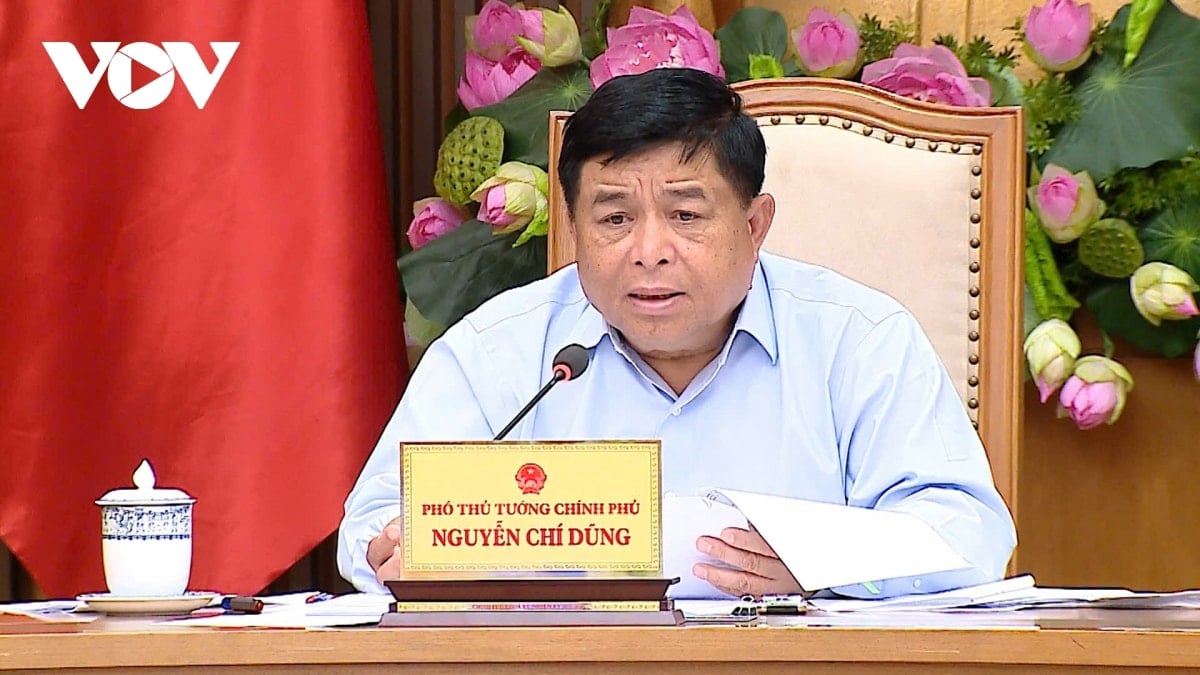
At the meeting, delegates heard the announcement of the decision to establish the Working Group, the draft regulations on the working group's operations, the proposed working plan for the Working Group in the third and fourth quarters of 2025, the expected summary report of the Project on sustainable smart urban development in Vietnam for the period 2018 - 2025 and orientation to 2030 (Project 950) and gave opinions on the draft Decree of the Government regulating the development of smart urban areas.
Regarding the content of the Decree regulating the development of smart cities, Deputy Minister of Construction Nguyen Tuong Van said that there are 5 main groups of policies. The first group is related to priority, incentive and general support policies applied to the fields of science, high technology and information technology. The second group is the regulations on the development of projects, plans, organization of implementation, assessment and recognition according to maturity levels and supervision.
The third group regulates the construction of databases, platforms, technologies, and smart urban operation centers. The fourth group is planning for the construction and provision of smart infrastructure and utility services. The fifth group is regulations on the responsibility of state agencies, businesses, and communities for developing smart cities.
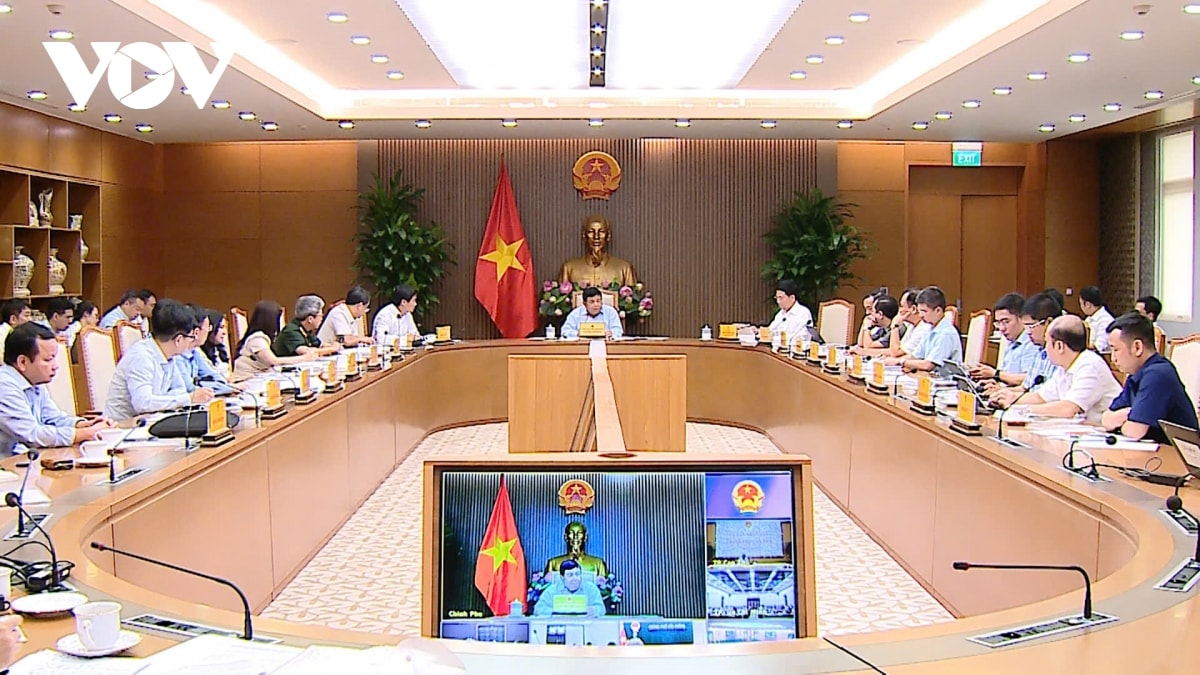
At the meeting, representatives of ministries, branches and centrally-run cities contributed many additional ideas to build the draft decree such as: Integrating digital transformation with smart cities; piloting smart urban models at commune/ward level...
At the same time, it is recommended to soon issue a decree on smart cities, including a clear definition and a unified framework of criteria for smart cities. This will help localities develop goals, plans, evaluate results and create transparency in smart city rankings.
Ms. Tran Thi Dieu Thuy, Vice Chairwoman of Ho Chi Minh City People's Committee, proposed to designate a ministerial-level unit as the main standing agency to direct this content so that the provinces and cities that are implementing it will have an agency to guide and coordinate in organizing the implementation.
The implementation process will certainly have problems or require inter-sectoral coordination between the parties without having to wait until the Deputy Prime Ministers chair a meeting to make recommendations or send documents to the Prime Minister for resolution. Instead, the ministerial agency will work with the provinces and cities to coordinate implementation.
Concluding the meeting, Deputy Prime Minister Nguyen Chi Dung emphasized that developing smart cities is no longer an option, but an inevitable trend towards sustainable development, improving people's quality of life and promoting digital economy and urban economy.
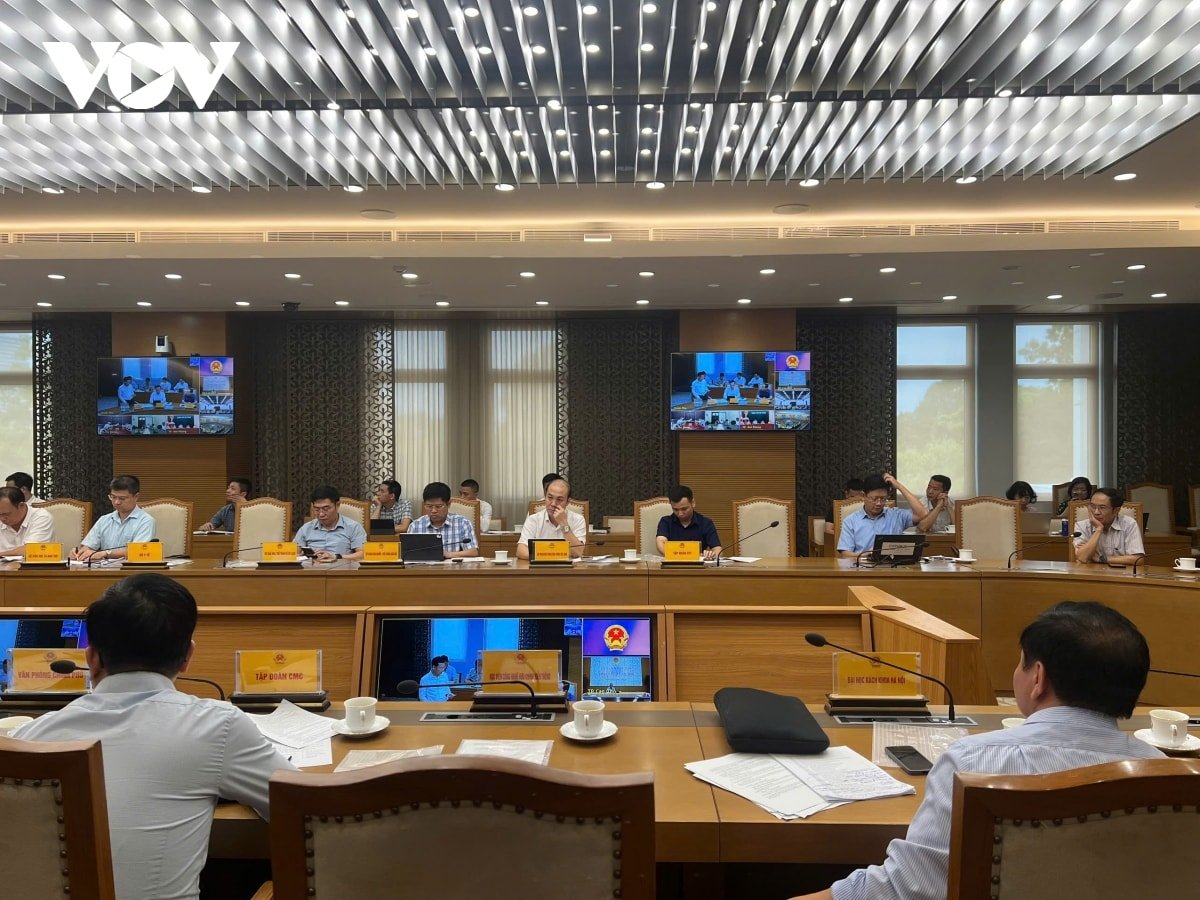
The Deputy Prime Minister highly appreciated the proactiveness of the Ministry of Construction, ministries, branches and localities in recent times, but also pointed out the existing limitations such as spontaneous development, lack of synchronization, lack of coordination mechanism and unified legal corridor.
The Deputy Prime Minister assigned the Ministry of Construction to take the lead in coordinating with relevant ministries to develop a Decree on smart urban development and submit it to the Government under simplified procedures before August 15.
Summarize Project 950 in July, clarify implementation results, difficulties and obstacles. Localities need to review smart city projects, update and adjust according to new guidelines and send action plans to the working group before July 25. Ministries and sectors should comment on the draft Decree before July 20 to complete the operating regulations and implementation plan of the interdisciplinary working group in the third and fourth quarters.
For the People's Committees of centrally-run cities, review their smart urban development projects for digital transformation and smart urban development activities that have been and are being implemented. Locally, urgently prepare to carry out urban development work well in the new situation.
Currently, many new issues have been updated, supplemented, and adjusted to follow the general guidelines of ministries and branches. For ministries, branches, People's Committees of provinces and cities, according to their assigned functions and tasks, they must urgently develop an action plan and send it to the Working Group before July 25.
The Deputy Prime Minister emphasized that there must be a clear implementation roadmap to avoid the situation of "a hundred flowers blooming" causing waste and inefficiency.
Source: https://baohaiphongplus.vn/phat-trien-do-thi-thong-minh-la-xu-the-tat-yeu-416512.html


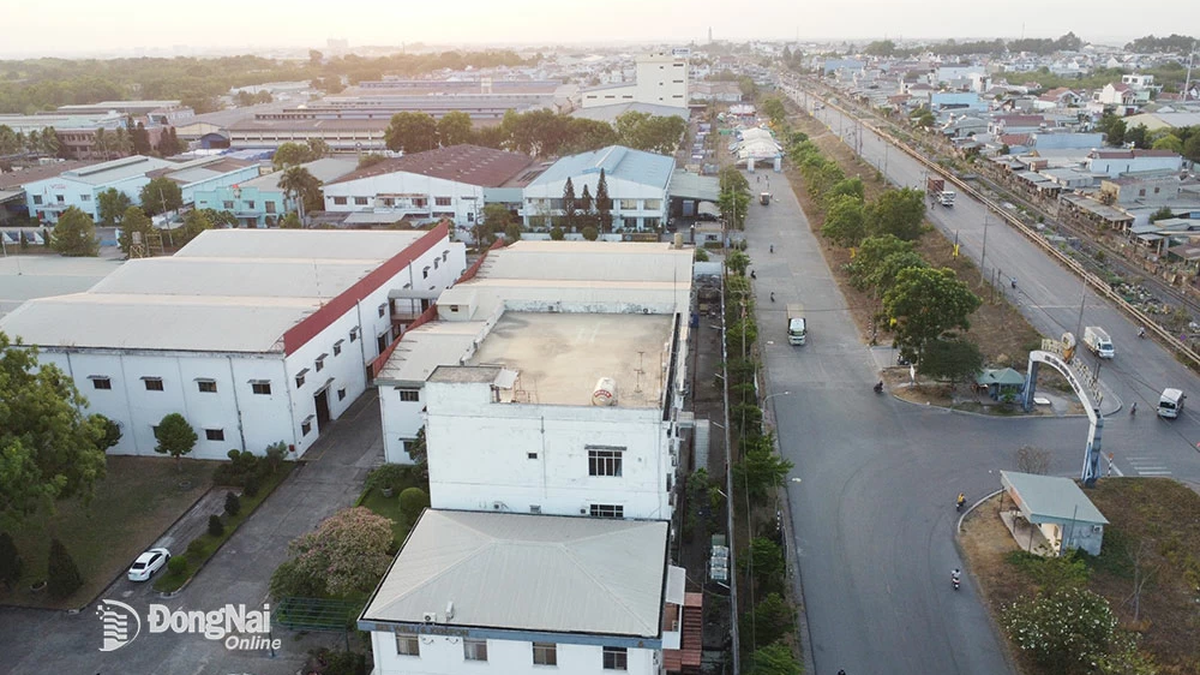





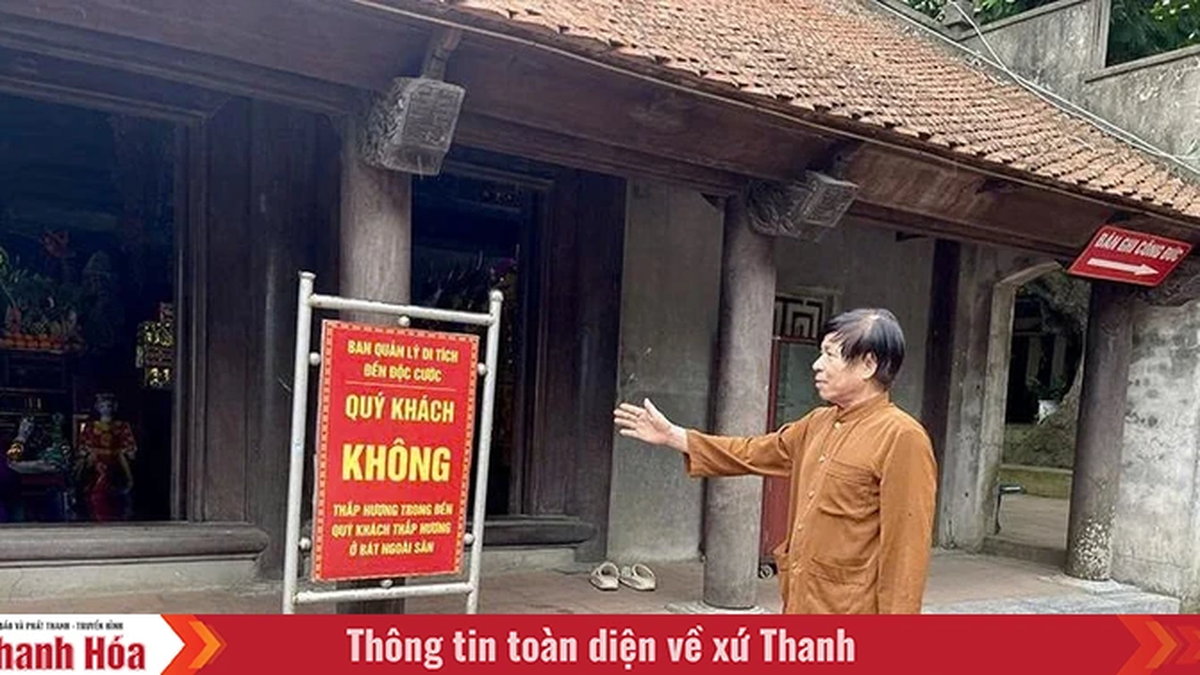











































![[Maritime News] More than 80% of global container shipping capacity is in the hands of MSC and major shipping alliances](https://vphoto.vietnam.vn/thumb/402x226/vietnam/resource/IMAGE/2025/7/16/6b4d586c984b4cbf8c5680352b9eaeb0)













































Comment (0)